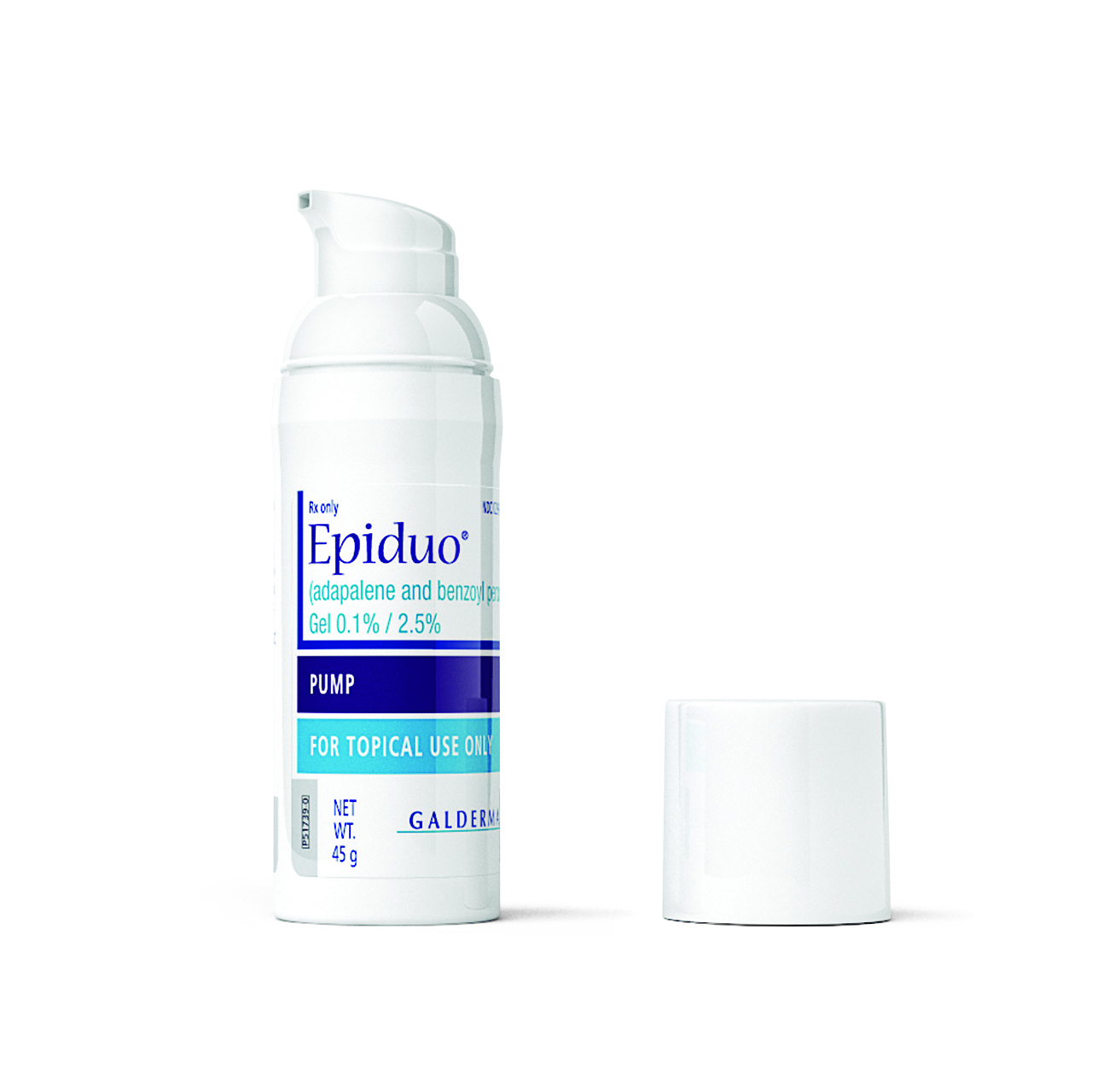 I'm not crazily obsessed with having seasons. While I love everything about NYC, I hate or should I say despise the winter. I don't know about you, but my perfect world would be living in NYC with LA's weather. Of course, we can't have it all. As the weather changes, so does our skin and so should our skincare regimen. One of the most common complaints I hear about is acne. Yes, in the winter. I spoke with Dr. Berson, a NYC based dermatologist to have some of your skincare questions answered.
I'm not crazily obsessed with having seasons. While I love everything about NYC, I hate or should I say despise the winter. I don't know about you, but my perfect world would be living in NYC with LA's weather. Of course, we can't have it all. As the weather changes, so does our skin and so should our skincare regimen. One of the most common complaints I hear about is acne. Yes, in the winter. I spoke with Dr. Berson, a NYC based dermatologist to have some of your skincare questions answered.
How does the weather affect your skin?
The weather can affect skin in a number of ways due to aspects such as the temperature (when they crank the heat up at work or when you’re walking in the brisk and cold air), and the moisture in the air. One skin care plan typically does not accommodate all types of weather that can happen throughout the year, so you need to be attuned to your individual skin needs.
Why does colder weather sometimes cause acne?
Cold weather can be accompanied by dry air, and with dry air skin tends to lose moisture. Winter breakouts can happen sometimes due to changes in temperature and the harsh winter weather. Although your skin gets dry, I don’t advise stopping your acne treatment. Taking medication as prescribed or directed is imperative to getting your acne under control or, better yet, clearing your skin up completely. Look to couple your acne treatment with a nice, gentle moisturizer and try applying that to your skin before your acne medication.
Do you have any tips for someone who gets seasonal acne? How should a person’s regimen change as the seasons change?
My biggest recommendation to those dealing with changing weather is to be sure that you are adjusting your skin care routine appropriately. Use a gentle cleanser like Cetaphil DermaControl Oil Control Foam Wash and leave the cleansers with salicylic acid mostly for the summer months. If you are partial to a cleanser with salicylic acid, I recommend using it once a week, since skin may tend to be drier in the winter. Adding a light, non-comedogenic moisturizer in the winter can help alleviate skin dryness in the winter.
At what point should an individual seek a dermatologist?
Even if acne is mild, I recommend setting up an appointment to talk to a dermatologist about treatment options. Acne can cause scarring, so I encourage everyone to make their skin care a priority and to focus on treating their acne as soon as it appears.
What prescription product do you recommend and why?
I recommend Epiduo Gel since the two-in-one product can be helpful for keeping ever-moving people on track with regularly treating their skin. Truth be told, visit a dermatologist if you're seriously concerned with your skin. I'm literally at my derm’s office at least three times a year for different reasons (and because I'm obsessed with my skin). Epiduo Gel, which Dr. Berson recommends is the only antibiotic-free, topical acne treatment that combines two medicines, adapalene and benzoyl peroxide, to help clear up the breakouts you have now and help prevent future pimples from forming.
To further break it down, benzoyl peroxide is one of the two medicines in Epiduo Gel. It's an antimicrobial which kills the bacteria that lead to breakouts and helps prevent pimples from coming back. Adapalene is a type of retinoid, and is the other medicine in Epiduo Gel. It unclogs blocked pores and decreases the redness, swelling and inflammation associated with pimples.
Indication: EPIDUO® Gel is indicated for the topical treatment of acne vulgaris in patients 9 years of age and older. Adverse Events: In controlled clinical studies, the most commonly reported adverse events (≥1%) in patients treated with EPIDUO® Gel were dry skin, contact dermatitis, application site burning, application site irritation and skin irritation. Warnings/Precautions: Patients taking EPIDUO® Gel should avoid exposure to sunlight and sunlamps and wear sunscreen when sun exposure cannot be avoided. Erythema, scaling, dryness, stinging/ burning, irritant and allergic contact dermatitis may occur with use of EPIDUO® Gel and may necessitate discontinuation. You are encouraged to report negative side effects of prescription drugs to the FDA. Visit www.fda.gov/medwatch or call 1‐800‐FDA‐1088.
*This post is sponsored by the makers of Epiduo Gel, but all opinions are my own.




















